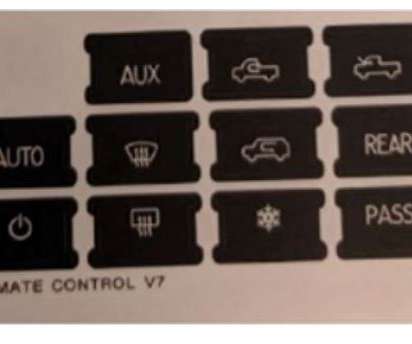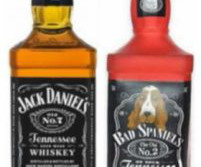Elon Musk’s Gifts to Web Scrapers (Guest Blog Post)
Technology & Marketing Law Blog
MAY 13, 2024
By Kieran McCarthy Elon Musk may have done more to open the Internet to web scraping than any person or public interest advocacy group. This creates powerful new precedent that will make it easier for web scrapers to prevail in litigation and will make it much harder for websites to prevent scraping. He was trying to do the opposite.












Let's personalize your content